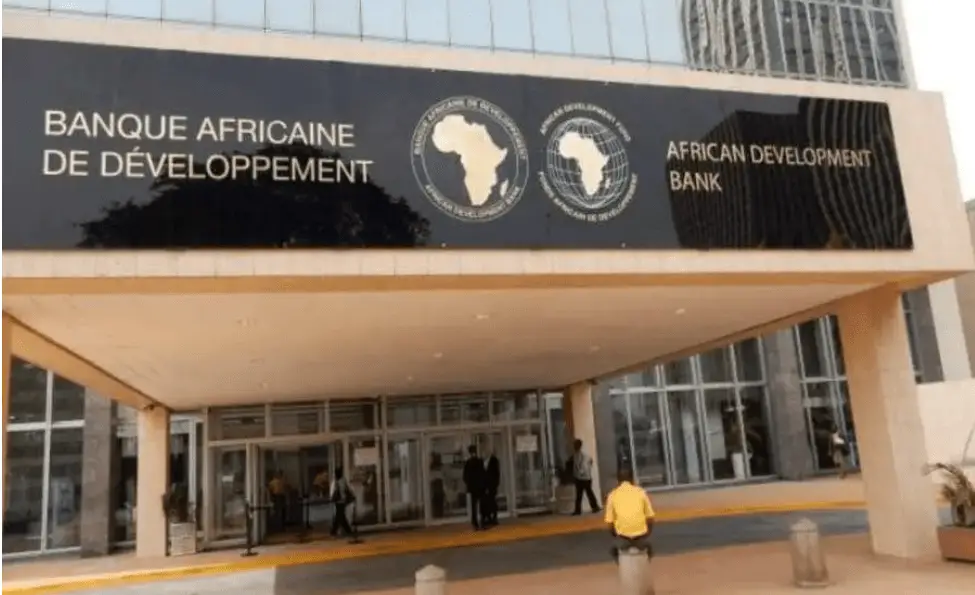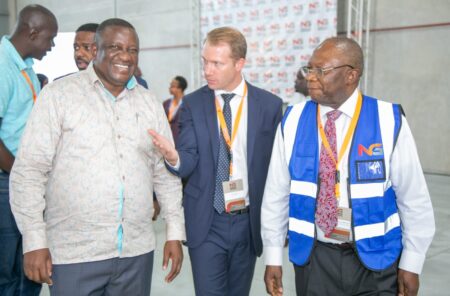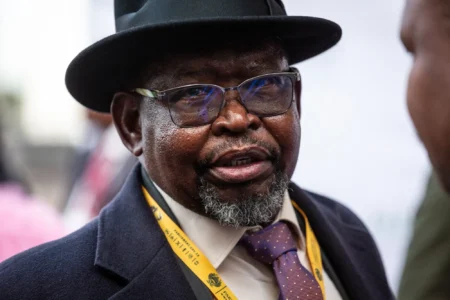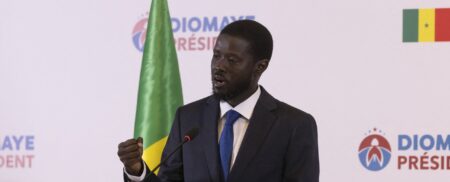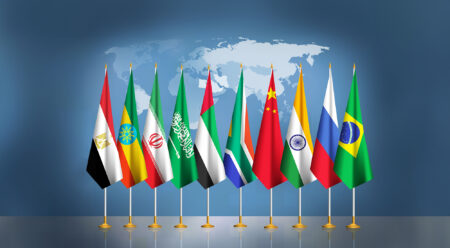- Uganda, Nigeria and DRC are the latest beneficiaries of a multinational project initiated by the African Development Bank
- The Creating Sustainable Youth MSMEs Through Urban Farming (SYMUF) project is intended to create jobs and improve livelihoods for the youth in the three African countries
- The initiative will support young farmers who are attracted to urban farming
The African Development Bank (AfDB) has launched a multinational project to create jobs and improve livelihoods for youth in three African countries.
The Creating Sustainable Youth MSMEs Through Urban Farming (SYMUF) initiative will support young farmers in Nigeria, the Democratic Republic of the Congo (DRC) and Uganda who are attracted to urban farming.
AfDB is partnering with a consortium of incubation centres in participating countries to implement the project.
They are the Africa Projects Development Centre (APDC) in Nigeria, the International Institute of Tropical Agriculture (IITA-Bukavu) in the DRC, and the African Agribusiness Incubation Network in Uganda.
The SYMUF project has received $937,000 in grant funding from the Fund for African Private Sector Assistance, a multi-donor trust fund managed by the African Development Bank.
While in different regions of the continent, the three countries all grapple with high youth unemployment and limited economic opportunities.
SYMUF, which is under the Bank’s Empowering Novel Agri-Business Led Employment (ENABLE) Youth Program, will use business incubators and financial products to help transform start-up micro, small- and medium enterprises into bankable ventures.
The AfDB project will provide youths with agribusiness and technical skills, including climate-smart agriculture practices, technologies, market networks, and professional mentorship.
The Director General of the African Development Bank’s Nigeria Country Department, Lamin Barrow, said in a statement that the bank is commitment to promoting entrepreneurship.
Barrow said: “The Bank is committed to creating jobs and providing incomes for African youth, who are attracted to urban agriculture but do not get jobs, capital, or credit to operate their agribusinesses. This project will address unemployed youth and those in the early start-up stage who have not gained traction due to limited skills and financial resources.” Barrow was represented by the Bank’s Country Operations Manager for Nigeria, Orison Amu.
Alex Ariho, CEO of the African Agribusiness Incubation Network in Uganda, said the SYMUF project would help young African ‘agripreneurs’ overcome start-up incubation and management challenges.
“Working together with all the partners, we are committed to making the SYMUF Project one of the best projects sponsored by the African Development Bank,” he added.
IITA-Bukavu’s Project Coordinator, Noel Mulinganya, lauded the African Development Bank as “an important and tremendous partner over the years.”
Chiji Ojukwu, Managing Director of APDC, Nigeria, said: “We are grateful to the African Development Bank for believing in the consortium and giving us the opportunity to deploy our expertise in urban farming to develop young agripreneurs in these select African countries
The African Development Bank’s Coordinator for the ENABLE Youth Program, Edson Mpyisi, said: “This program is designed to empower youth at each stage of the agribusiness value chain as ‘agripreneurs’ by harnessing new skills, technologies and financing approaches.”
AfDB has invested over $400 million in 15 African countries under the program, he said.
The Bank’s Division Manager for Agribusiness, Damian Ihedioha, said: “the bank believes that Africa’s emerging vibrant wave of entrepreneurship must be supported and nurtured for the continent’s prosperity.”
In a related story, the Board of Directors of the African Development Fund, the concessional financing window of the African Development Bank Group earlier this month, approved $10.53 million in financial support to Côte d’Ivoire.
The funds, to be disbursed to the Ivorian government, will be used to connect 739 rural localities to clean, affordable electricity as part of the government’s ” Electricity for All Program.” The funds comprise a$ 8.26 million loan and a $2.27 million grant.
“The project will have multiple economic impacts on the national economy at the financial and socio-economic levels. The reduction in energy expenditure, particularly for household lighting following connection to the electricity grid, will be a significant outcome,” said Marie-Laure Akin-Olugbade, the African Development Bank‘s Director General for West Africa.
The project will facilitate domestic electrical installations and connect about 71,660 households (15% of them managed by women) to the electricity grid. It will also electrify 7,168 business centres (health centres, schools, women farmers’ organisations and artisans.





